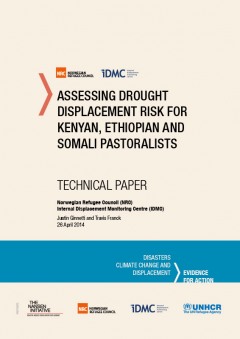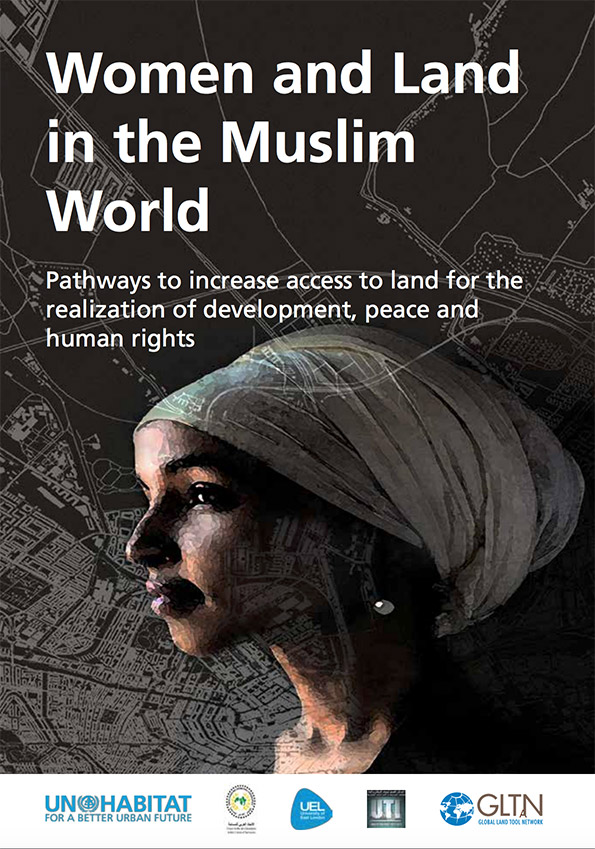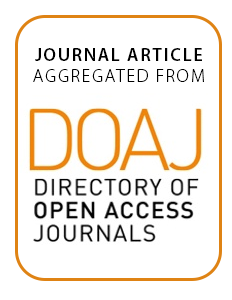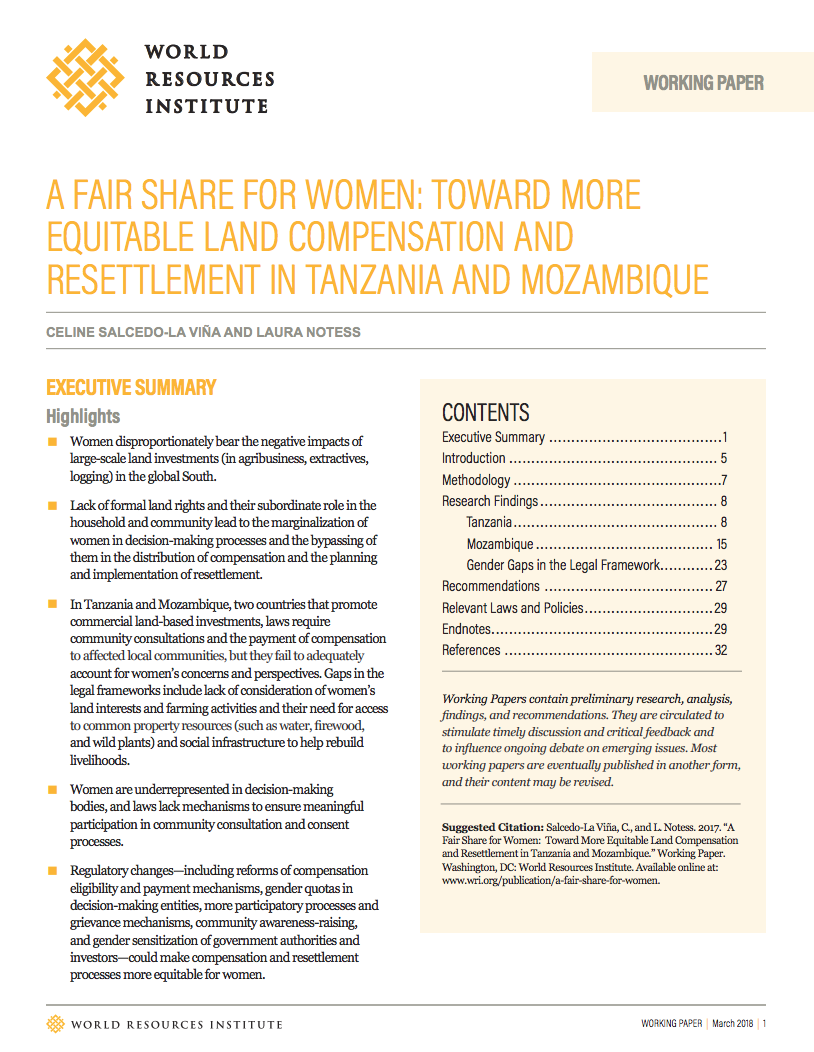LAND ACQUISITION AND DEVELOPMENT INDUCED DISPLACEMENT: INDIA AND INTERNATIONAL LEGAL FRAMEWORK
This paper will critically examine the inter relation between land acquisition, development and displacement. In addition, this paper analyses the rights of displaced under Indian and international laws with special reference to recent states different legislation on land acquisition. The present paper also try to consider the impact on land acquisition on displaced people and identifies loopholes in the existing legal framework and propose certain measure for bringing real development in to the life of displaced people.






